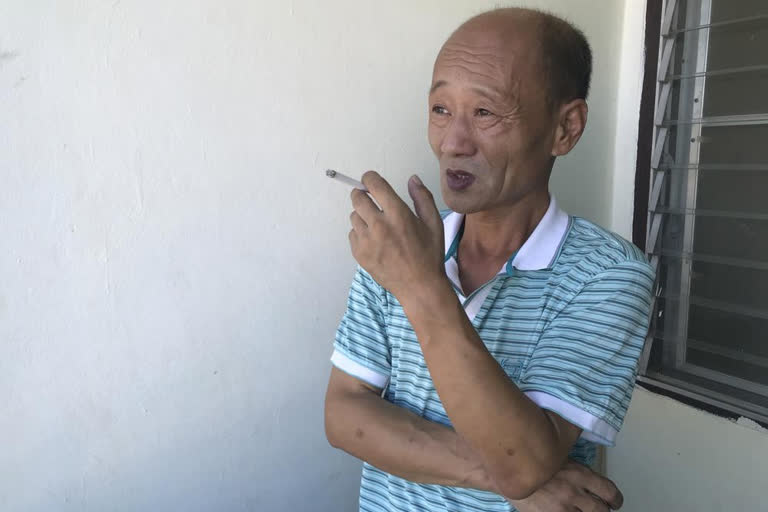Beijing:The ruling Communist Party’s deadly 1989 crackdown on the Tiananmen Square pro-democracy protests never ended for Fan Baolin, who served 17 years in prison and says he sneaked out of China last year to escape surveillance that included cameras trained on his apartment and pressure on his family to deter him from more activism.
“Once you are on the Chinese government’s blacklist, you will be tracked for life,” Fan told The Associated Press ahead of Friday’s anniversary of the June 4, 1989, military attack on protesters. He spoke in another Asian country and asked that it not be identified while its government considers his request for asylum.
Read:|Hong Kong vigil organizer arrested on Tiananmen anniversary
Party leaders have imprisoned or driven activists into exile and largely succeeded in ensuring young people know little about June 4. Still, after more than three decades and three changes of leadership, they are relentless in trying to prevent any mention of the attack that killed hundreds and possibly thousands of people.
Relatives of those who died are watched and, ahead of the anniversary, some are detained or forced to stay temporarily away from home to prevent them from doing anything that might draw attention. Public memorials on the mainland always have been prohibited. Vigils used to be held openly in Hong Kong and Macao, Chinese territories with fewer political controls, but authorities banned events this year.
“They have only deepened repression,” said Yaqiu Wang of Human Rights Watch in a report this month.
Following his release from prison, Fan lived in his hometown of Xi’an, in China’s west, under surveillance and restrictions. He said police discouraged him from leaving the city, tracked his mobile phone and listened to his calls.
To protect his family, Fan said he had little contact with them and told them nothing about his activities. He said he worried they might be punished if he were accused of more wrongdoing.
“They looked for my brother and sister,” he said. Authorities wanted “to make my family members persuade me, control me, not to participate any more in this sort of thing, not to know these people any longer.”
As for other relatives, “I take initiative to keep my distance from them,” Fan said.
“As they all know, my phone is monitored, so as soon as I call and as soon as they answer, they are frightened,” he said. “This is the atmosphere of fear created by the Communist Party’s domestic high-pressure policies now.”
Read:|World marks 30th anniversary of Tiananmen massacre
Fan said when he travelled to other cities in 2017 to see friends, police called every day to ask what he was doing. He said when he took a package vacation to Yunnan province in the southwest in 2018, police detained him and sent him back to Xi’an.
Fan participated in the 1989 protests, joining thousands of students from across China in Tiananmen Square. But he left Beijing at the end of May before the military attacked. His eyes fill with tears when he describes the event.
Later, Fan studied law and worked as a legal consultant before joining the police in Shaanxi province in the west. He moved to a state security agency in 1994 and was assigned to watch the public and read their mail, looking for possible foreign ties.
